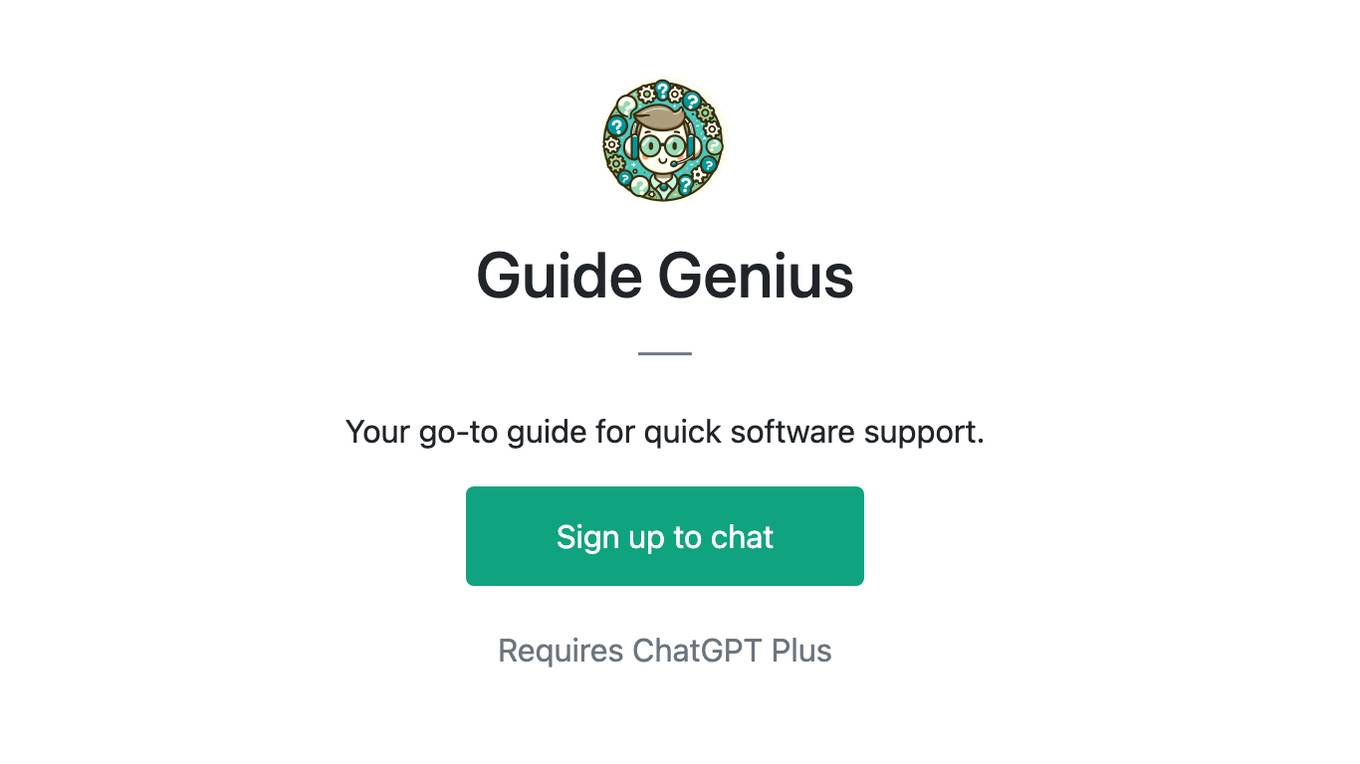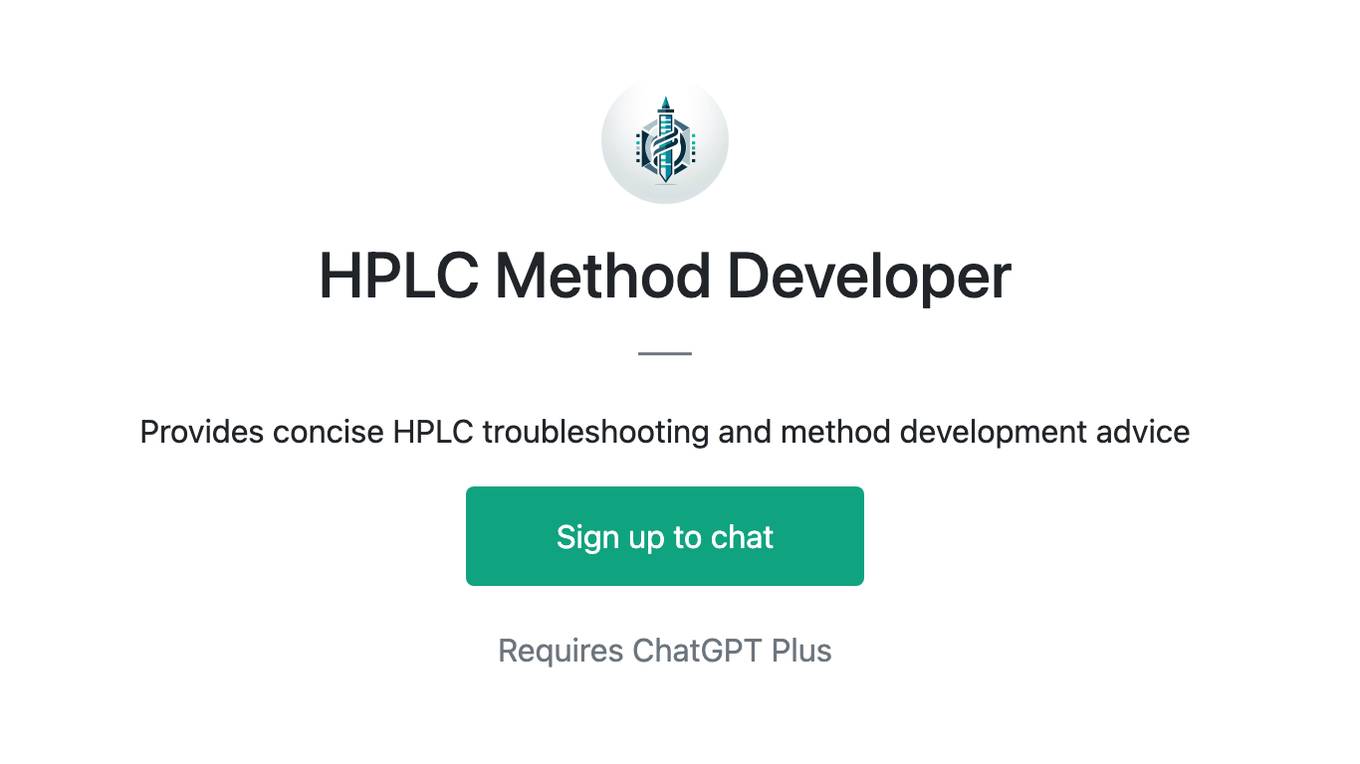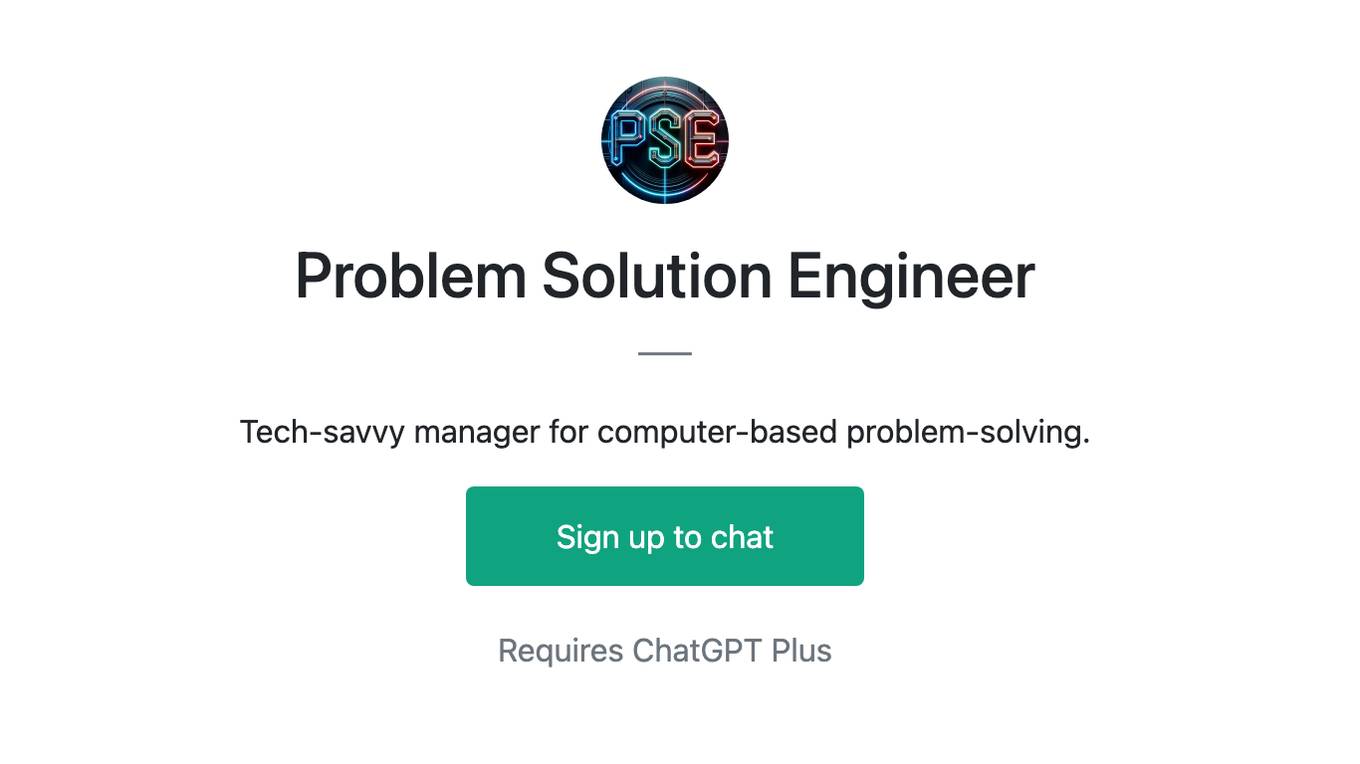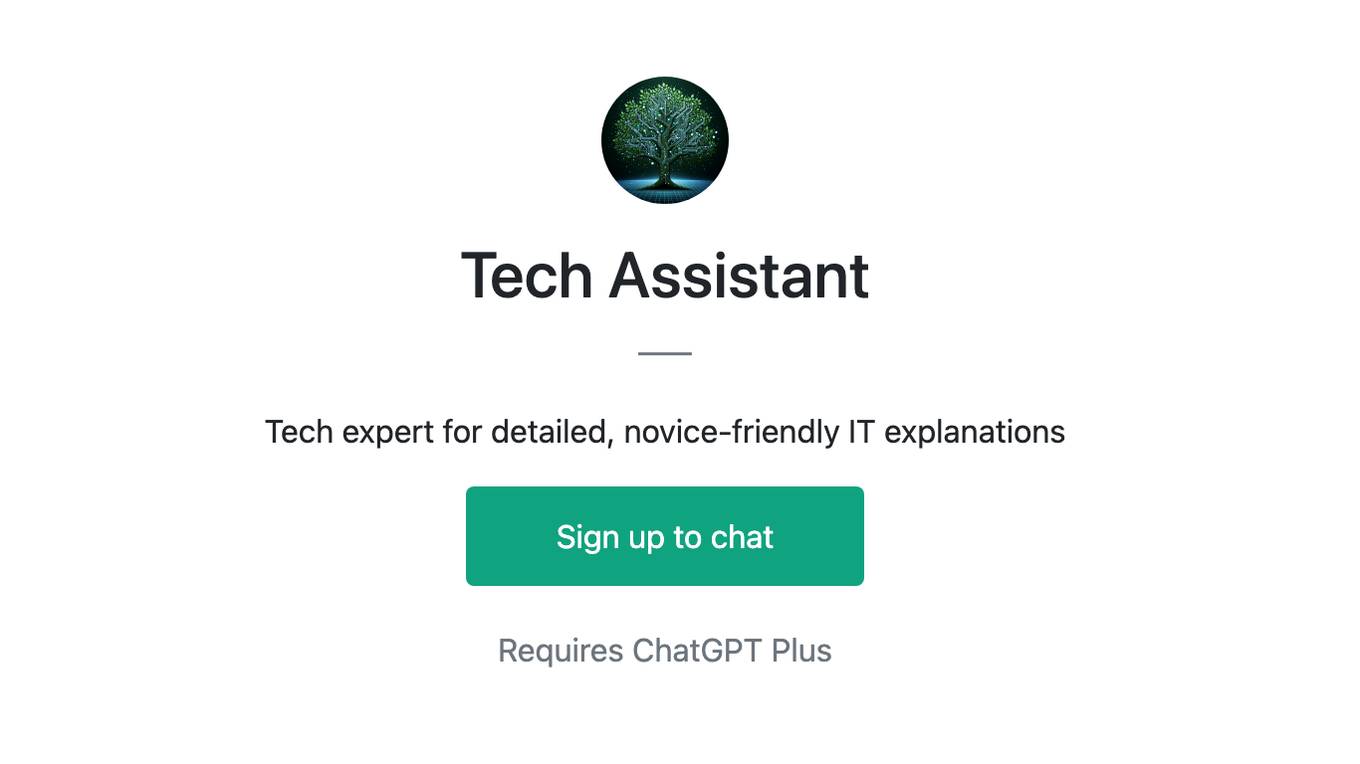Best AI tools for< Troubleshoot Inference >
20 - AI tool Sites

403 Forbidden Resolver
The website is currently displaying a '403 Forbidden' error, which means that the server is refusing to respond to the request. This could be due to various reasons such as insufficient permissions, server misconfiguration, or a client error. The 'openresty' message indicates that the server is using the OpenResty web platform. It is important to troubleshoot and resolve the issue to regain access to the website.

Highcountry Toyota Internet Connection Troubleshooter
Highcountrytoyota.stage.autogo.ai is an AI tool designed to provide assistance and support for troubleshooting internet connection issues. The website offers guidance on resolving connection problems, including checking network settings, firewall configurations, and proxy server issues. Users can find step-by-step instructions and tips to troubleshoot and fix connection errors. The platform aims to help users quickly identify and resolve connectivity issues to ensure seamless internet access.

Web Server Error Resolver
The website is currently displaying a '403 Forbidden' error, which indicates that the server is refusing to respond to the request. This error message is typically displayed when the server understands the request made by the client but refuses to fulfill it. The 'openresty' mentioned in the text is likely the web server software being used. It is important to troubleshoot and resolve the 403 Forbidden error to regain access to the website's content.
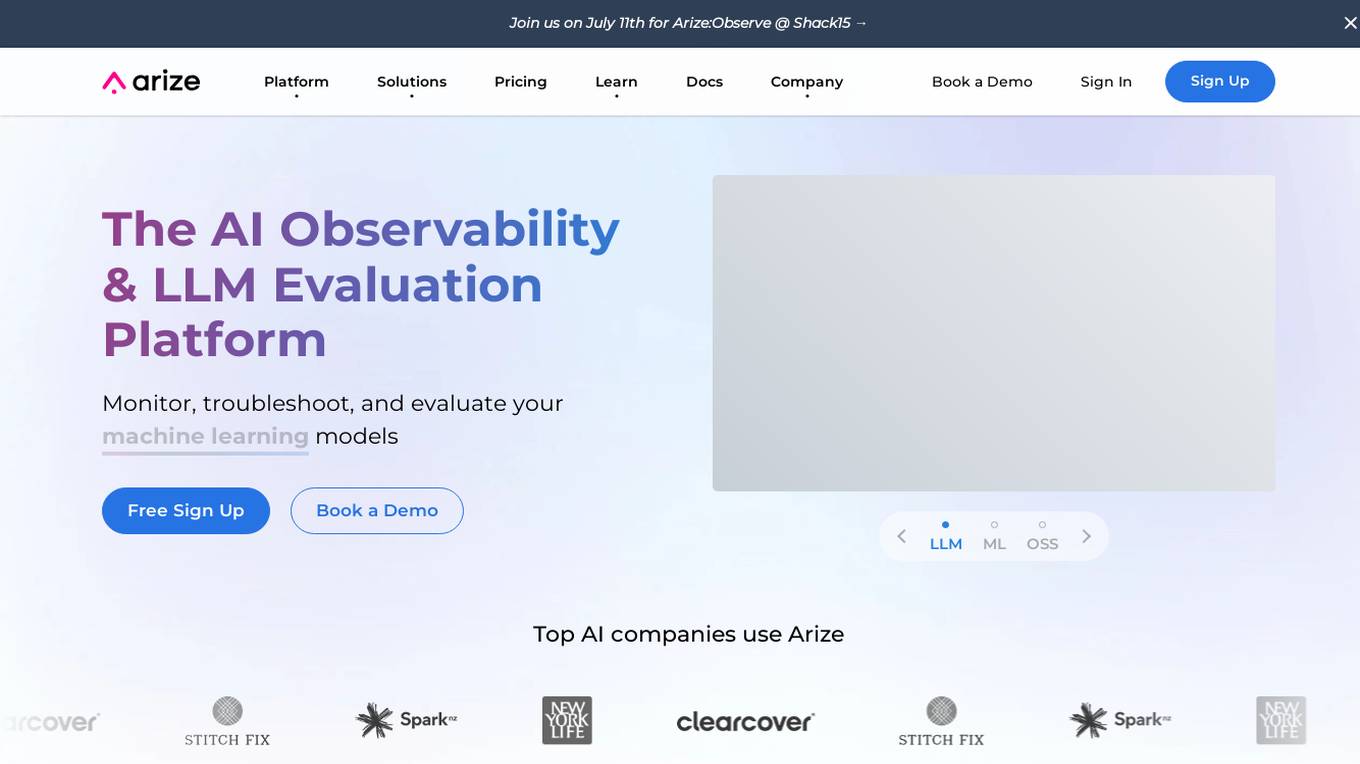
Arize AI
Arize AI is an AI Observability & LLM Evaluation Platform that helps you monitor, troubleshoot, and evaluate your machine learning models. With Arize, you can catch model issues, troubleshoot root causes, and continuously improve performance. Arize is used by top AI companies to surface, resolve, and improve their models.
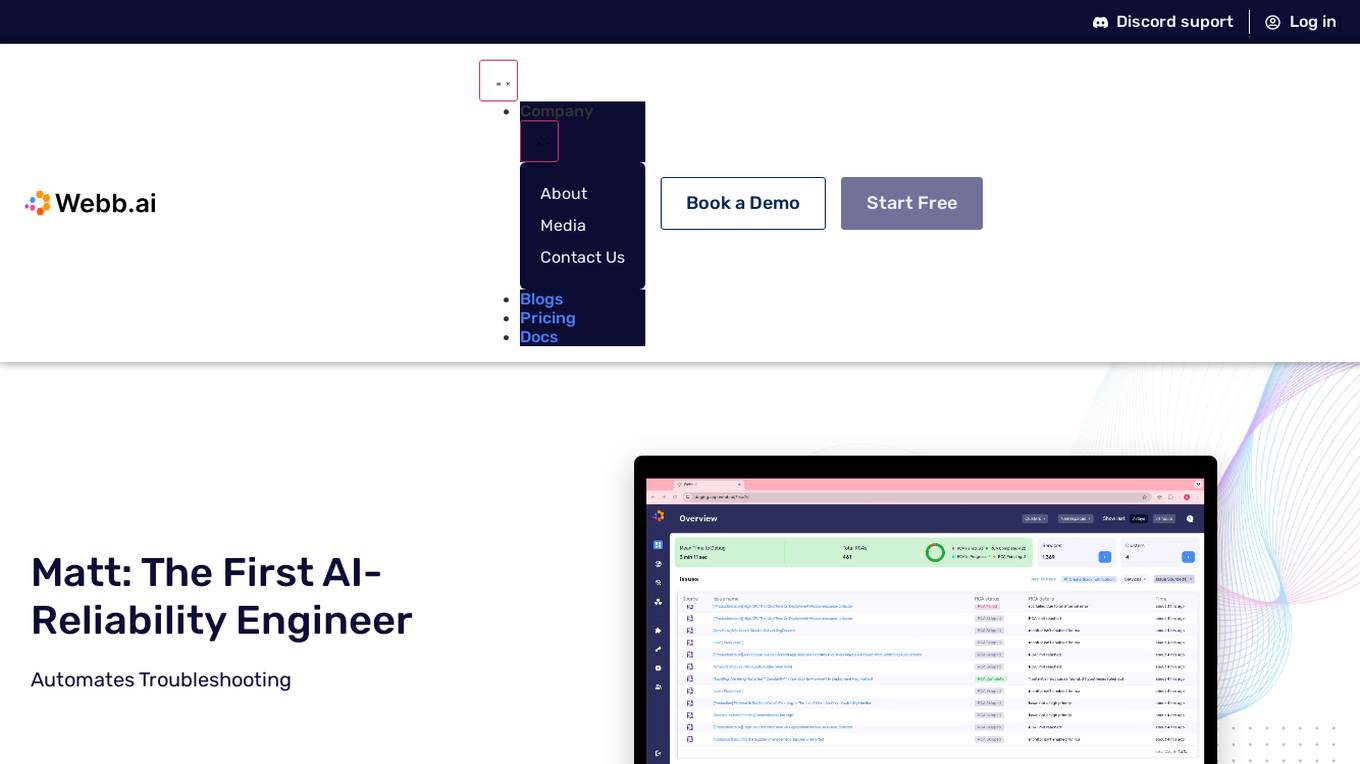
Webb.ai
Webb.ai is an AI-powered platform that offers automated troubleshooting for Kubernetes. It is designed to assist users in identifying and resolving issues within their Kubernetes environment efficiently. By leveraging AI technology, Webb.ai provides insights and recommendations to streamline the troubleshooting process, ultimately improving system reliability and performance. The platform is user-friendly and caters to both beginners and experienced users in the field of Kubernetes management.
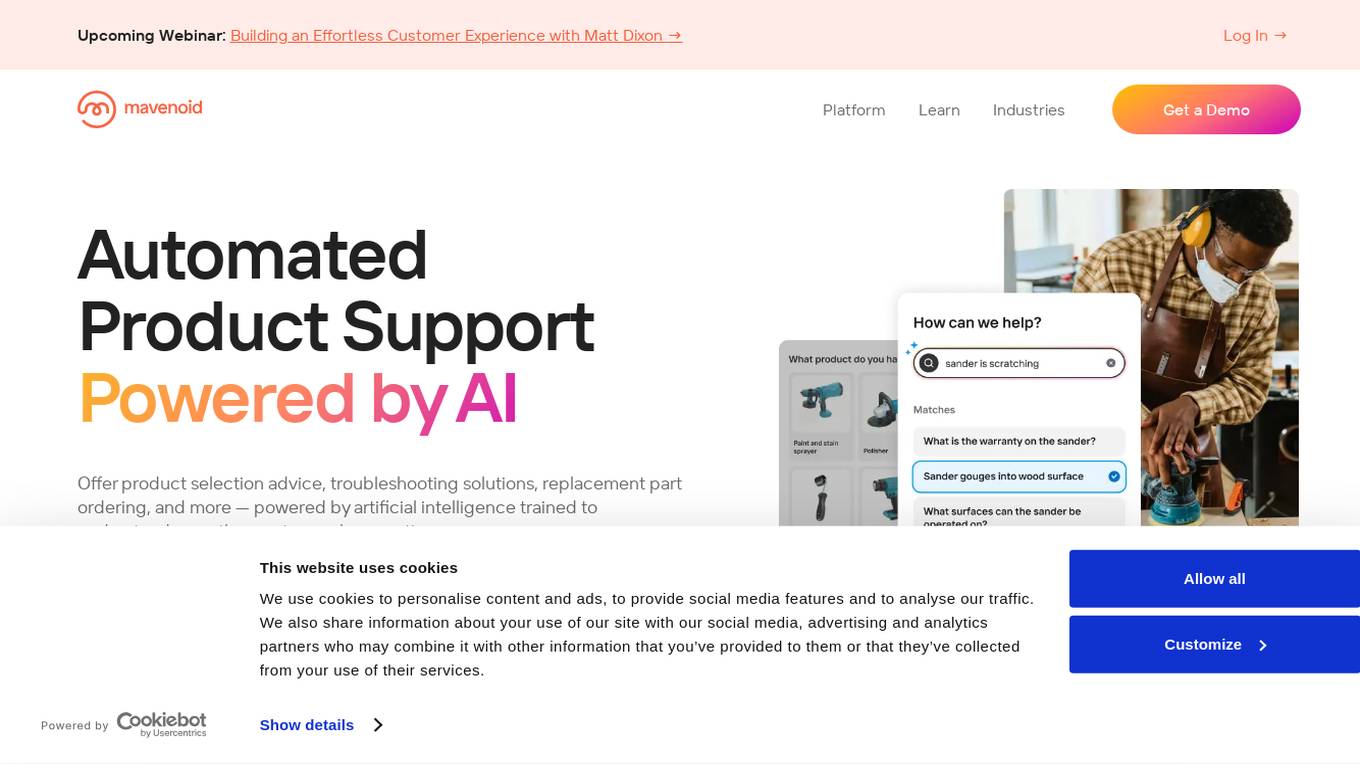
Mavenoid
Mavenoid is an AI-powered product support tool that offers automated product support services, including product selection advice, troubleshooting solutions, replacement part ordering, and more. The platform is designed to understand complex questions and provide step-by-step instructions to guide users through various product-related processes. Mavenoid is trusted by leading product companies and focuses on resolving customer questions efficiently. The tool optimizes help centers for SEO, offers product insights to increase revenue, and provides support in multiple languages. It is known for reducing incoming inquiries and offering a seamless support experience.
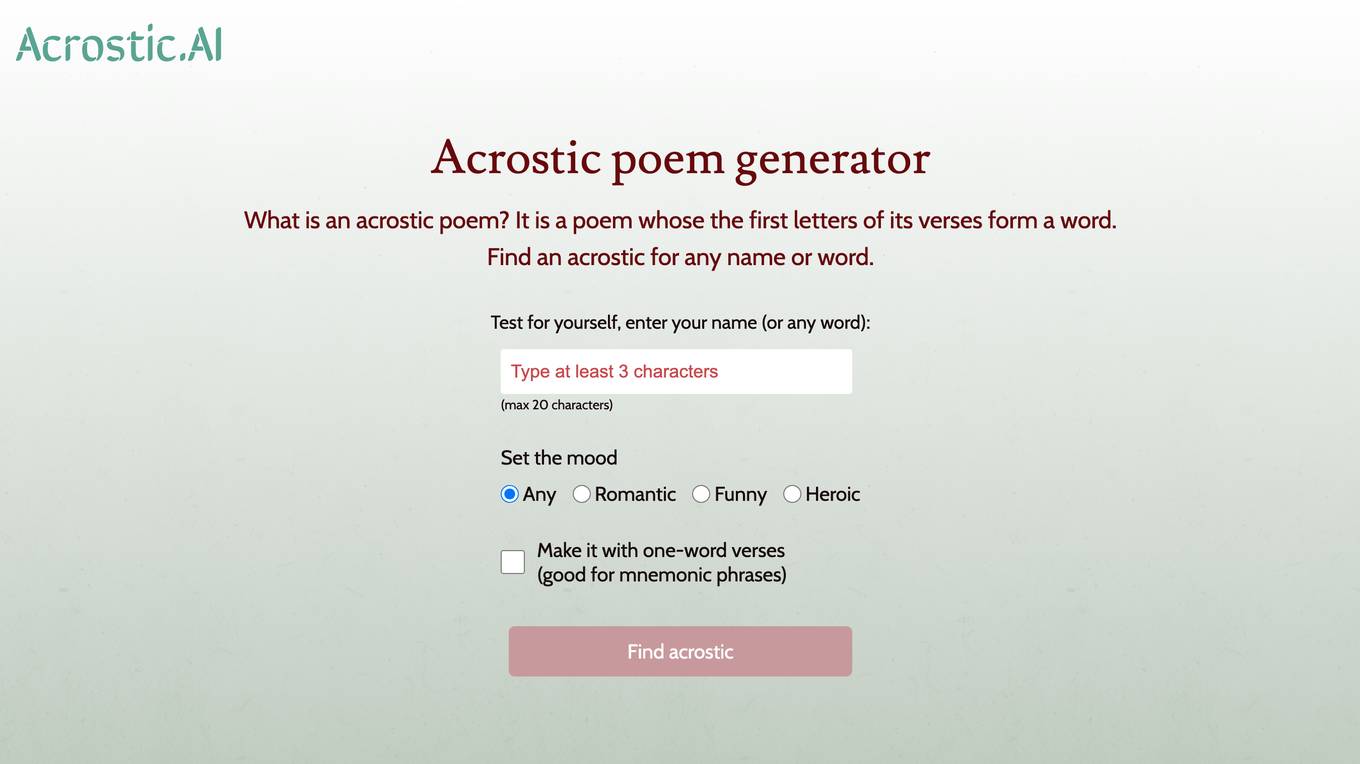
404 Error Assistant
The website displays a 404 error message indicating that the deployment cannot be found. It provides a code (DEPLOYMENT_NOT_FOUND) and an ID (sfo1::fpvh6-1770917541134-af74095b8686) for reference. Users are directed to consult the documentation for further information and troubleshooting.

CloudFront Error Page
The website encountered an error (502 ERROR) due to CloudFront not being able to resolve the origin domain name. This error message indicates a connection issue between the user's device and the server hosting the app or website. It suggests potential causes such as high traffic volume or a configuration error. The user is advised to try again later or contact the app or website owner for assistance. If the user provides content through CloudFront, they can refer to the CloudFront documentation for troubleshooting steps.
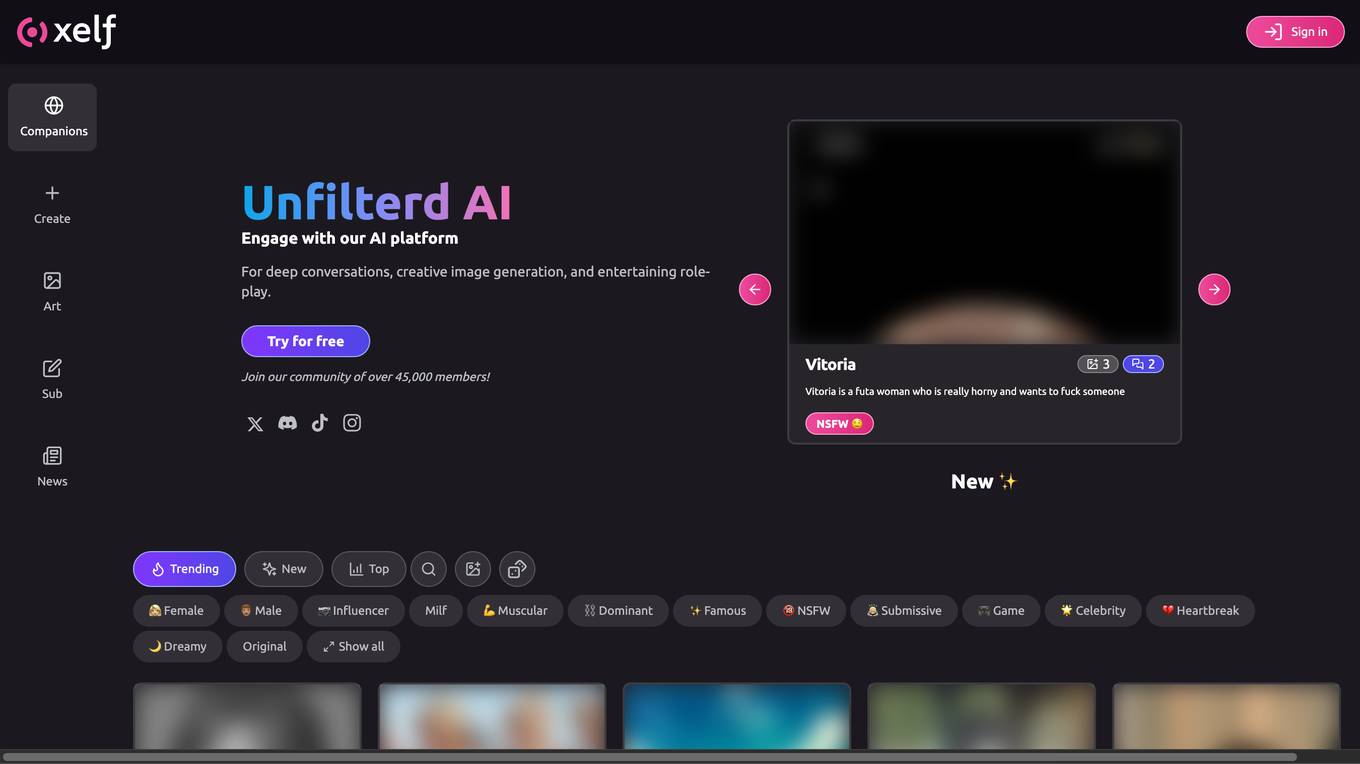
404 Error Page
The website displays a '404: NOT_FOUND' error message indicating that the deployment cannot be found. It provides a code (DEPLOYMENT_NOT_FOUND) and an ID (sin1::22md2-1720772812453-4893618e160a) for reference. Users are directed to check the documentation for further information and troubleshooting.

404 Error Page
The website displays a 404 error message indicating that the deployment cannot be found. It provides a code (DEPLOYMENT_NOT_FOUND) and an ID (sfo1::drw9g-1771091771764-93b091583900) for reference. Users are directed to check the documentation for further information and troubleshooting.

404 Error Page
The website page displays a 404 error message indicating that the deployment cannot be found. It provides a code (DEPLOYMENT_NOT_FOUND) and an ID (sin1::4wq5g-1718736845999-777f28b346ca) for reference. Users are advised to consult the documentation for further information and troubleshooting.
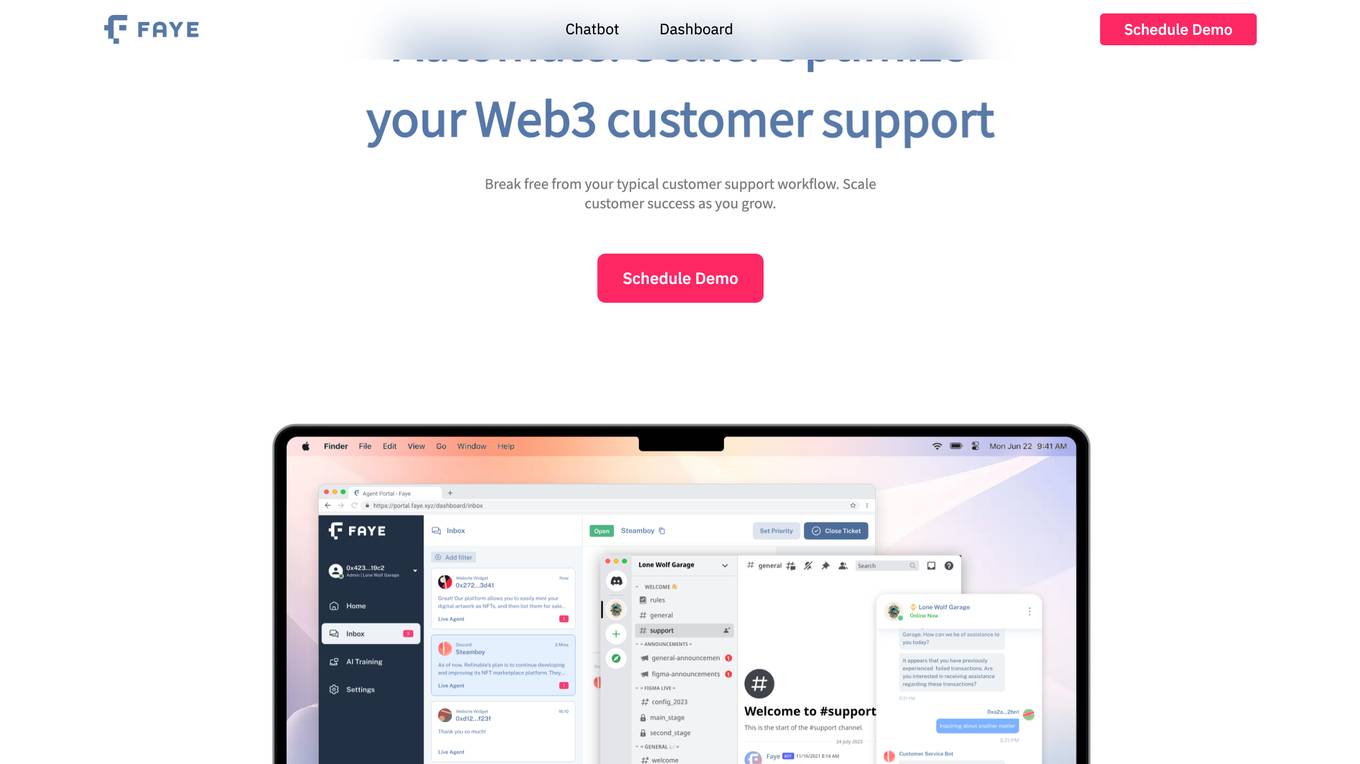
faye.xyz
faye.xyz is a website experiencing an SSL handshake failed error (Error code 525) due to Cloudflare being unable to establish an SSL connection to the origin server. The issue may be related to incompatible SSL configuration with Cloudflare, possibly due to no shared cipher suites. Visitors are advised to try again in a few minutes, while website owners are recommended to check the SSL configuration. Cloudflare provides additional troubleshooting information for resolving such errors.
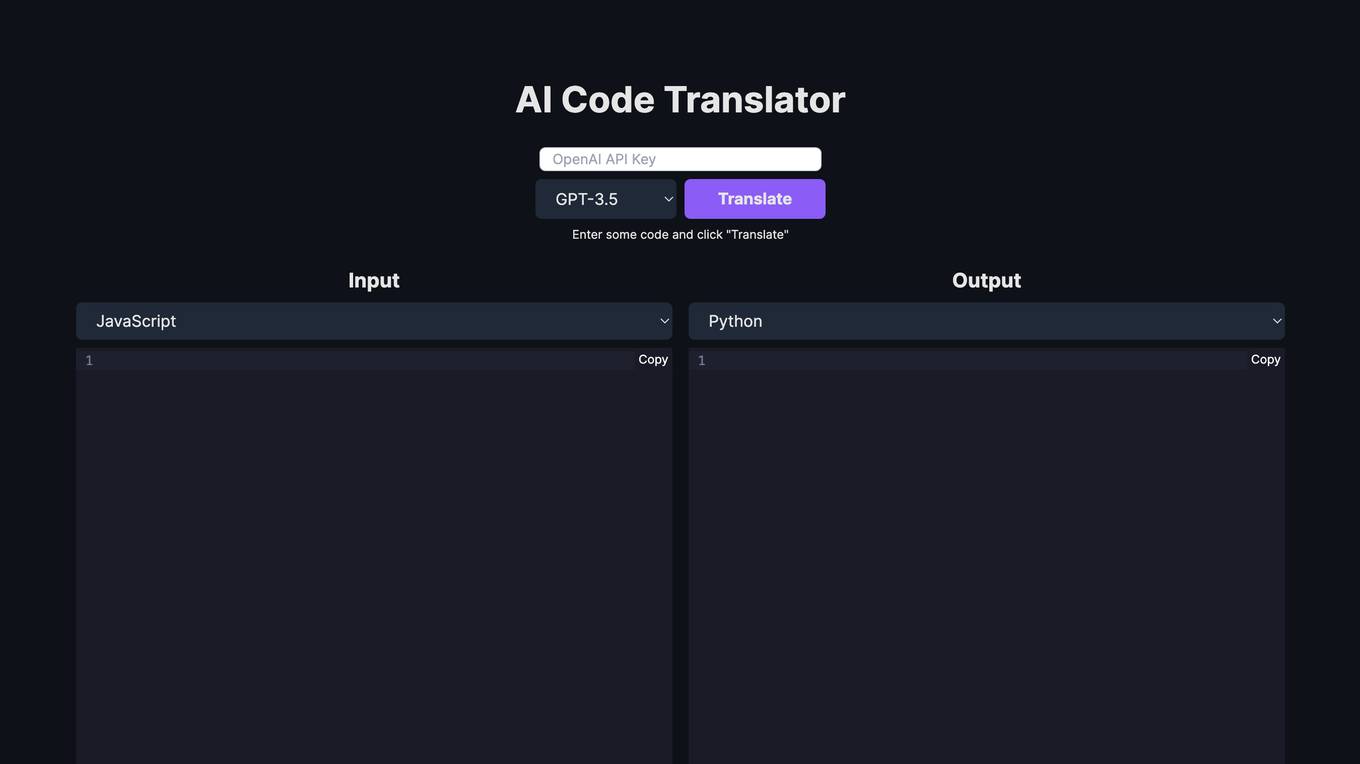
404 Error Assistant
The website displays a 404 error message indicating that the deployment cannot be found. Users encountering this error are directed to refer to the documentation for more information and troubleshooting.
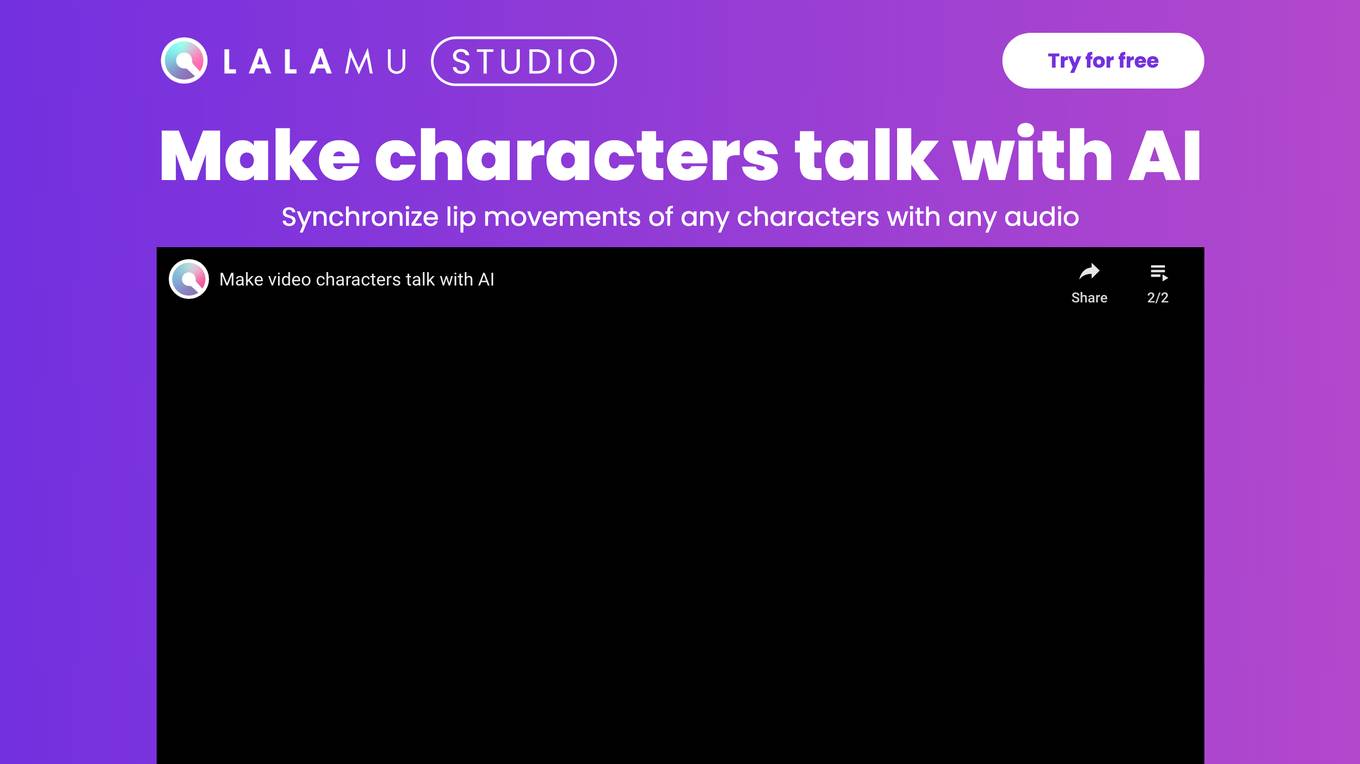
Error 404 Not Found
The website displays a '404: NOT_FOUND' error message indicating that the deployment cannot be found. It provides a code 'DEPLOYMENT_NOT_FOUND' and an ID 'sin1::t6mdp-1736442717535-3a5d4eeaf597'. Users are directed to refer to the documentation for further information and troubleshooting.

404 Error Not Found
The website displays a 404 error message indicating that the deployment cannot be found. It provides a code (DEPLOYMENT_NOT_FOUND) and an ID (cle1::t5xdd-1771006563046-a762790f1009). Users are directed to refer to the documentation for further information and troubleshooting.

Internal Server Error
The website encountered an internal server error, resulting in a 500 Internal Server Error message. This error indicates that the server faced an issue preventing it from fulfilling the request. Possible causes include server overload or errors within the application.

404 Error Notifier
The website displays a 404 error message indicating that the deployment cannot be found. It provides a code 'DEPLOYMENT_NOT_FOUND' and an ID 'sin1::zdhct-1723140771934-b5e5ad909fad'. Users are directed to refer to the documentation for further information and troubleshooting.

404 Error Page
The website displays a 404 error message indicating that the deployment cannot be found. It provides a code (DEPLOYMENT_NOT_FOUND) and an ID (sin1::hfkql-1741193256810-ca47dff01080). Users are directed to refer to the documentation for further information and troubleshooting.

404 Error Page
The website displays a 404 error message indicating that the deployment cannot be found. It provides a code (DEPLOYMENT_NOT_FOUND) and an ID (sfo1::5wd8j-1770917142388-c57c677706b2) for reference. Users are directed to check the documentation for further information and troubleshooting.

1case.io
1case.io is a website that currently displays a Connection Timed Out error with the code 522. The error message suggests a problem with the connection between Cloudflare's network and the origin web server, resulting in the inability to display the web page. The website seems to be experiencing technical difficulties that prevent it from functioning properly. Users are advised to wait a few minutes and try again, or the website owner should contact their hosting provider for assistance in resolving the issue.
1 - Open Source AI Tools
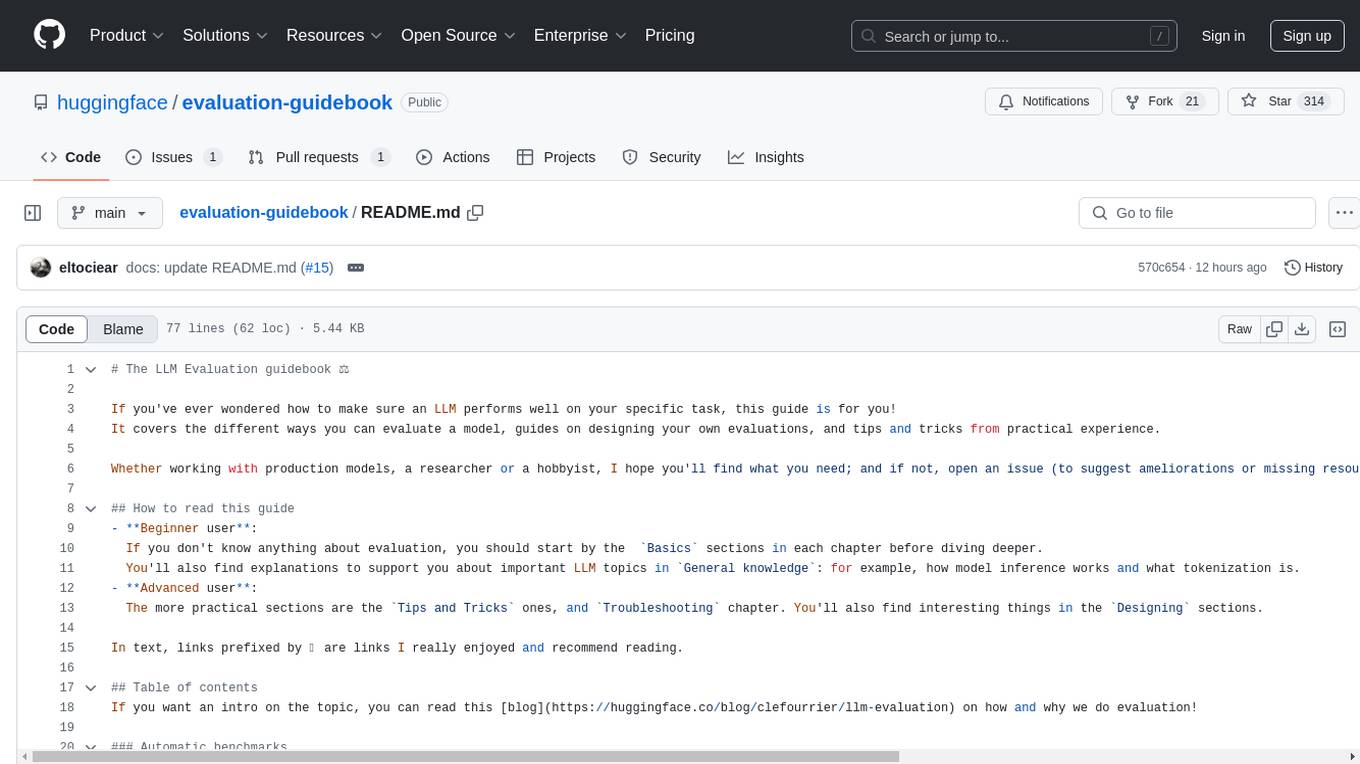
evaluation-guidebook
The LLM Evaluation guidebook provides comprehensive guidance on evaluating language model performance, including different evaluation methods, designing evaluations, and practical tips. It caters to both beginners and advanced users, offering insights on model inference, tokenization, and troubleshooting. The guide covers automatic benchmarks, human evaluation, LLM-as-a-judge scenarios, troubleshooting practicalities, and general knowledge on LLM basics. It also includes planned articles on automated benchmarks, evaluation importance, task-building considerations, and model comparison challenges. The resource is enriched with recommended links and acknowledgments to contributors and inspirations.
20 - OpenAI Gpts
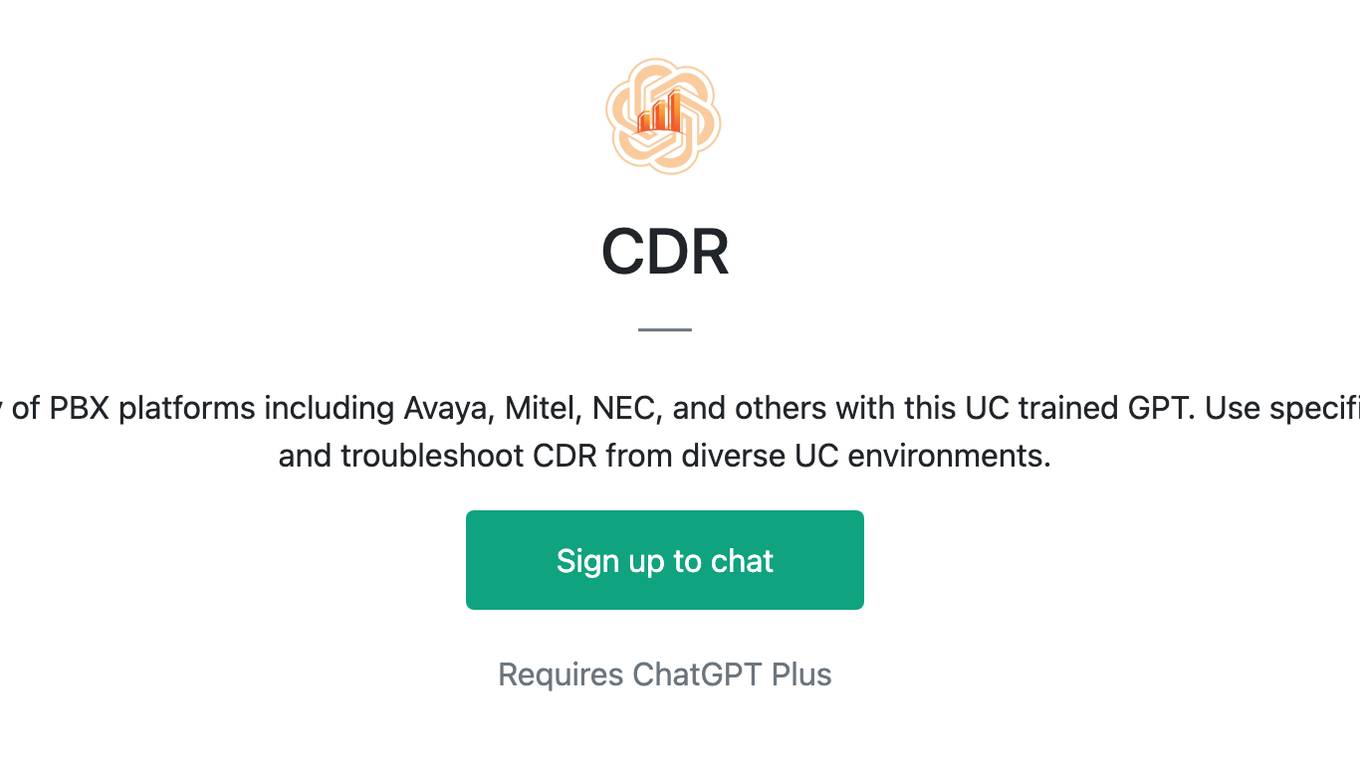
CDR
Explore call detail records (CDR) for a variety of PBX platforms including Avaya, Mitel, NEC, and others with this UC trained GPT. Use specific commands to help you expertly navigate and troubleshoot CDR from diverse UC environments.

Logic Pro - Talk to the Manual
I'm Logic Pro X's manual. Let me answer your questions, troubleshoot whatever issue you're having and get you back into the groove!
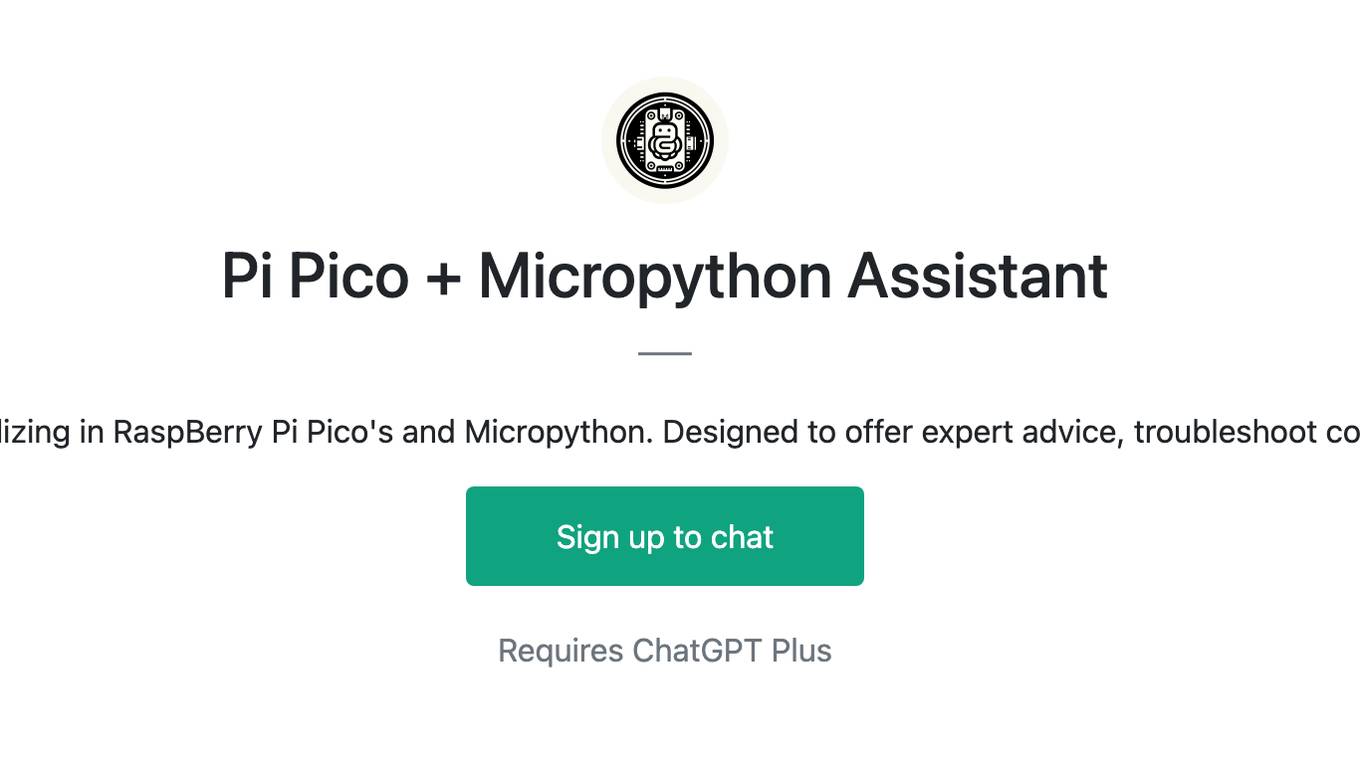
Pi Pico + Micropython Assistant
An advanced virtual assistant specializing in RaspBerry Pi Pico's and Micropython. Designed to offer expert advice, troubleshoot code, and provide detailed guidance.

3D Print Diagnostics Expert
Expert in 3D printing diagnostics and problem resolution, mindful of confidentiality and careful with brand usage.
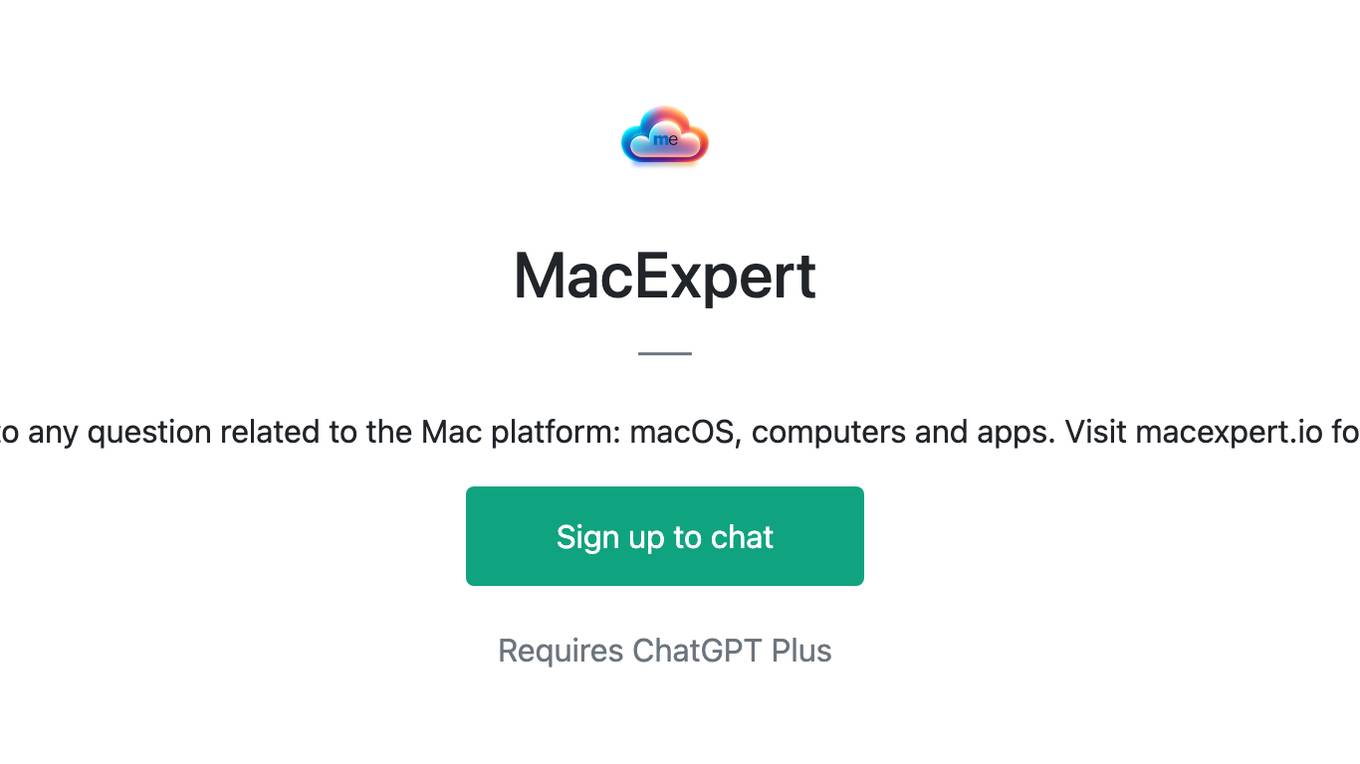
MacExpert
An assistant replying to any question related to the Mac platform: macOS, computers and apps. Visit macexpert.io for human assistance.

Aws Guru
Your friendly coworker in AWS troubleshooting, offering precise, bullet-point advice. Leave feedback: https://dlmdby03vet.typeform.com/to/VqWNt8Dh

Tech Senior Helper
Warm tech support for seniors, with calming strategies, patient and helpful.

GC Method Developer
Provides concise GC troubleshooting and method development advice that is easy to implement.

